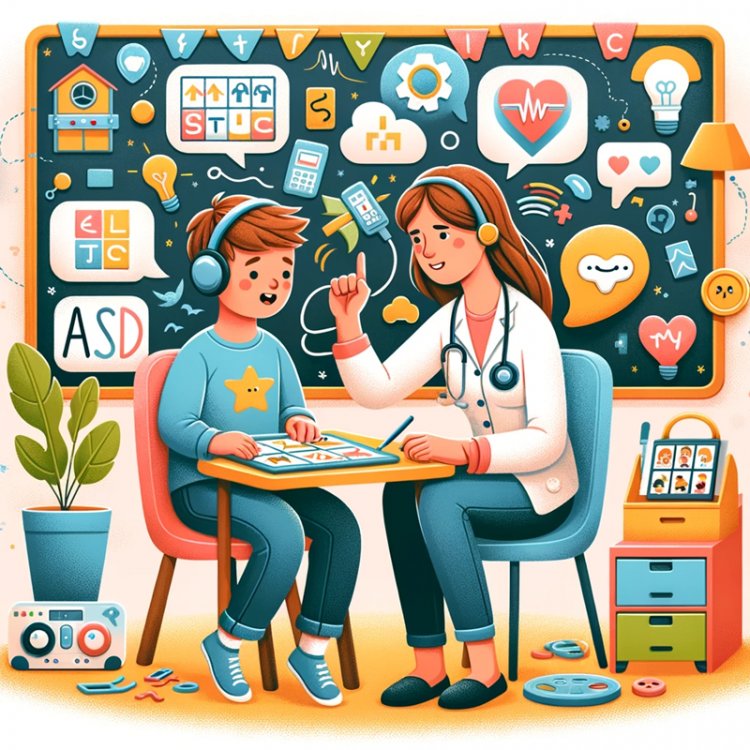Welcome to our blog, where we delve into the crucial role of speech therapy in supporting individuals with Autism Spectrum Disorder (ASD). Autism, a developmental disorder characterized by difficulties in social interaction, communication, and repetitive behaviors, presents unique challenges in the realm of language and speech. This blog aims to explore how speech therapy can be a vital tool in helping those with autism improve their communication skills and enhance their ability to interact with the world around them.
Understanding the Autism-Speech Connection
Autism affects individuals in different ways, particularly in terms of communication. Some might be non-verbal, others may have difficulties understanding language, and some might struggle with the social uses of language, like making conversation or understanding gestures.
The Role of Speech Therapy
Speech therapy for individuals with autism is not just about teaching them to speak. It's about improving their ability to express their needs, desires, and feelings, and helping them understand what others are saying. It's also about developing non-verbal communication skills, such as gestures, signs, or using communication devices.
Tailoring Speech Therapy to Autism
1. Assessment and Personalization
Each individual with autism is unique, and so are their communication needs. Speech therapists begin with a thorough assessment to understand the individual’s strengths and challenges. Based on this, a personalized therapy plan is developed.
2. Building Blocks of Communication
For non-verbal children or those with limited speech, therapy might start with basic communication skills. This could include using picture boards or electronic devices to help them communicate their needs.
3. Enhancing Speech and Language Skills
For those who can speak, the focus might be on improving clarity or understanding the nuances of language. This includes learning new words, forming sentences, or practicing conversation skills.
4. Social Communication Skills
Speech therapy often involves social skill training. This includes understanding body language, facial expressions, and the give-and-take of conversation.
The Impact of Speech Therapy
1. Boosting Confidence and Independence
Improving communication skills can significantly boost the confidence and independence of someone with autism. It can open doors to more meaningful social interactions and opportunities for learning and engagement.
2. Supporting Overall Development
Communication is key to learning and development. Effective speech therapy can positively impact other areas of development, such as behavior, social skills, and learning.
3. Family Involvement
Speech therapists often work closely with families, providing them with strategies to support the individual’s communication development at home.
Challenges and Considerations
While speech therapy can be highly effective, it's important to recognize the challenges. Patience, persistence, and a deep understanding of each individual's unique needs are crucial.
Conclusion
Speech therapy plays a pivotal role in the lives of many individuals with autism, helping them find their voice and connect with others. As we continue to understand more about autism, the approaches and techniques in speech therapy will continue to evolve, offering more avenues for communication and connection.
Remember, every step forward in communication, no matter how small, is a leap towards greater understanding, expression, and connection for individuals with autism. Speech therapy is more than a clinical practice; it’s a pathway to unlocking the profound potential of every individual.

















